We live in a world where smartphones have become our wallets, banks, and financial advisors. It’s incredible when you think about it—those budgeting, investing, and saving tools we once needed a whole spreadsheet for are now just a swipe away. If you’re like me and crave a bit more control over your finances (without the headache of tracking every penny manually), financial apps are here to be your digital BFFs.
Here’s my round-up of some must-have financial apps that can help make budgeting, investing, and saving not only easier but actually enjoyable. Ready to level up your money game? Let’s dive into the best financial tools of 2025 and see which ones might be perfect for your financial journey.
Why Use Financial Apps? It’s All About Convenience & Control
There’s no denying that managing money can feel overwhelming. That’s where financial apps come in. Imagine having a digital money coach right in your pocket, one that tracks your expenses, plans your budget, and even invests your spare change. Apps aren’t here to lecture you about saving every last dollar—they’re here to support you, at your own pace, on your journey to financial freedom.
A few benefits of financial apps:
- On-Demand Education: They guide you through the process, letting you learn as you go—without any hard-sell or pressure.
- Always-On Convenience: You can access them anytime, whether you’re on the couch or on the go.
- Personalization: The best apps are highly customizable, letting you set your own goals, and adjust strategies to fit your lifestyle.
1. YNAB (You Need A Budget): The Budgeting Guru
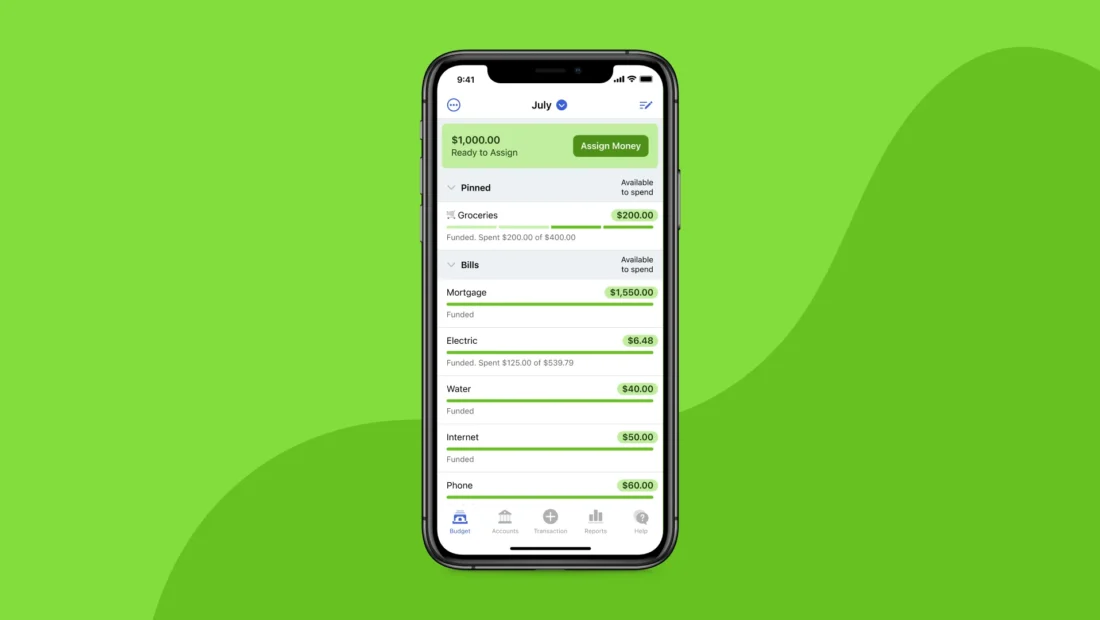
If budgeting feels like an uphill battle, YNAB might just be the ally you need. YNAB stands out because it’s more than just a tracker—it’s a mindset shift. Every dollar has a purpose, and this app helps you allocate funds to specific categories so that every penny works toward your financial goals.
- Why It’s Great: YNAB teaches you to plan for every dollar you earn. It encourages proactive budgeting, which can be transformative if you’re looking to break the cycle of paycheck-to-paycheck living.
- Drawbacks: YNAB isn’t free (it’s about $14.99 a month), but many users find the cost well worth it.
External Resource: Learn more about YNAB and see if it’s the right fit for you.
2. Mint: Your All-in-One Money Tracker
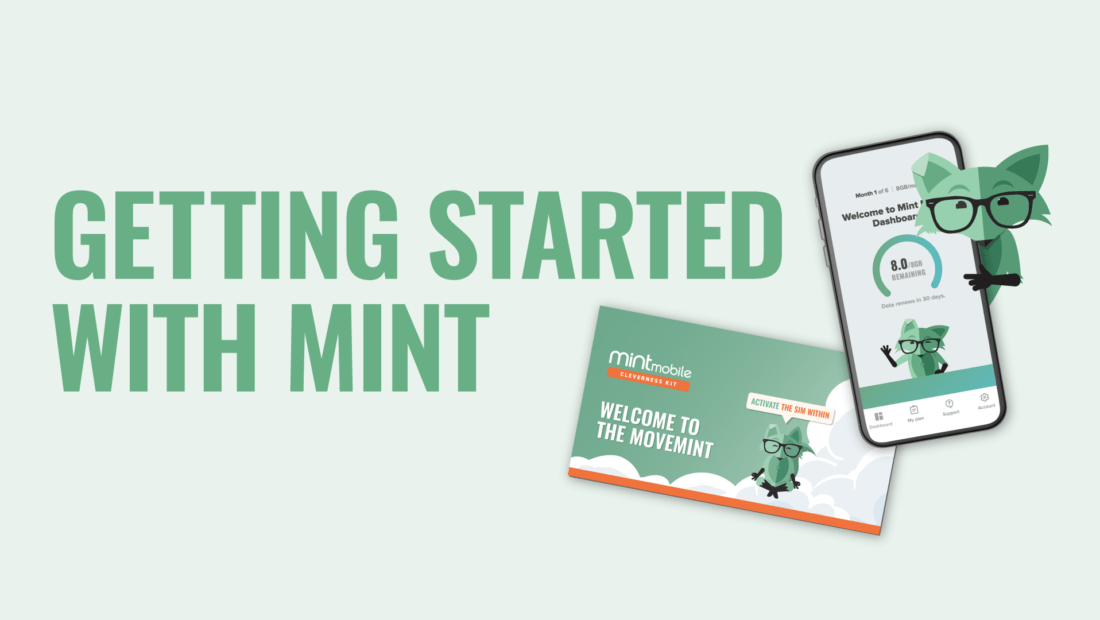
Mint has long been a go-to app for people who want a simple way to see all their finances in one place. It links to your bank, credit card, and loan accounts, giving you a full financial snapshot. Plus, it tracks your spending, sends bill reminders, and even provides a free credit score. It’s a comprehensive app that’s user-friendly and great for beginners.
- Why It’s Great: Mint’s visuals are incredibly intuitive, and it’s loaded with helpful reminders. If you’re new to budgeting, Mint can simplify things.
- Drawbacks: Some users find that the budgeting categories are limited, and Mint’s ads can be a bit intrusive.
External Resource: Try Mint’s free budgeting tools to get a handle on your finances.
3. Robinhood: For the Beginner Investor
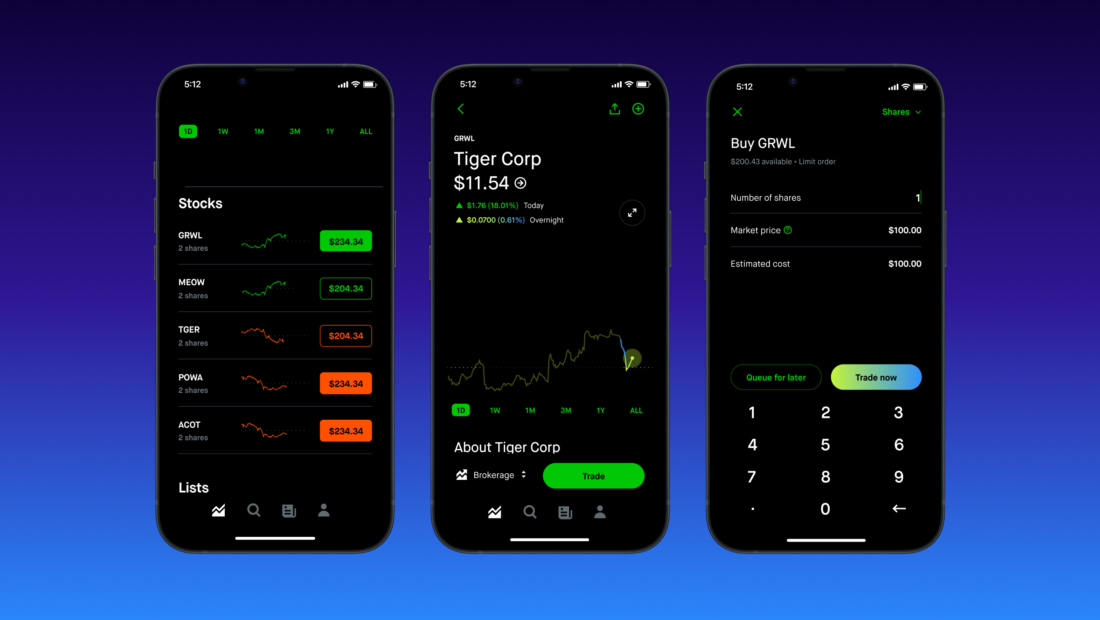
Ever felt like investing is too complicated? Robinhood takes the mystery out of stock trading. With zero commissions, it’s made buying and selling stocks and ETFs accessible to everyone. This app doesn’t have all the bells and whistles of a traditional broker, but for a newbie investor, it’s perfect.
- Why It’s Great: Robinhood’s design is simple and user-friendly, with no fees to buy or sell.
- Drawbacks: It doesn’t offer the in-depth analysis tools that more advanced traders might want.
Pro Tip: If you’re new to investing, take things slow and consider learning the basics before jumping in too deep. Sites like Investopedia are excellent for beginners.
4. Acorns: Micro-Investing Made Easy
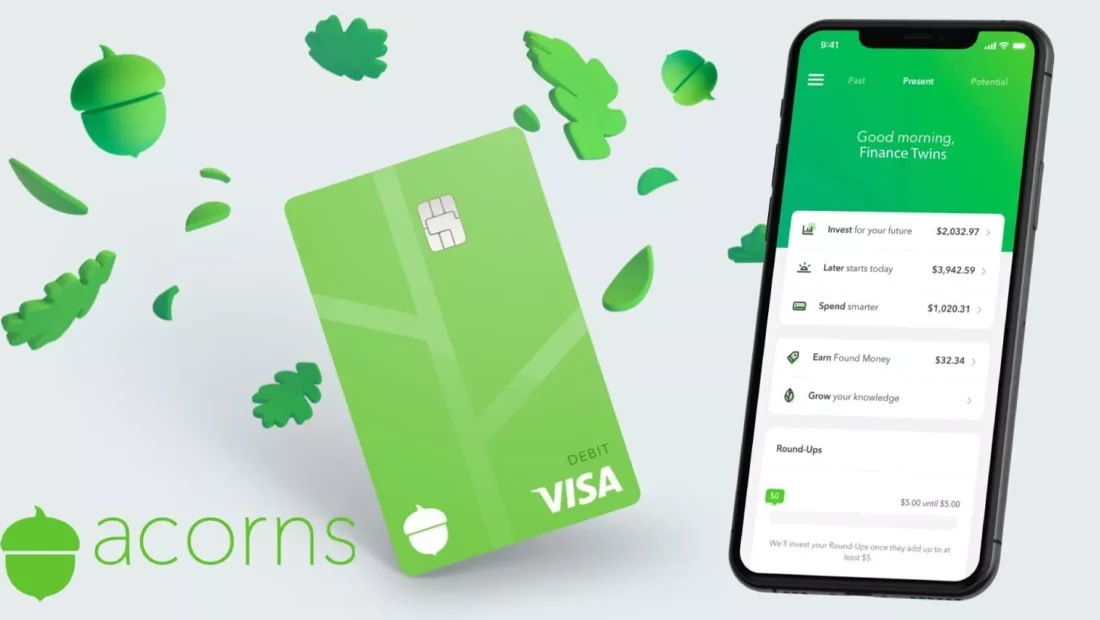
For anyone who wants to start investing but feels intimidated, Acorns could be the answer. Acorns takes your spare change from everyday purchases, rounds up to the nearest dollar, and invests it. It’s a “set it and forget it” way to grow your wealth over time.
- Why It’s Great: Acorns is perfect for anyone who likes the idea of investing without actively trading. It’s ideal if you’d rather watch your wealth build gradually.
- Drawbacks: Acorns charges a small fee, so it’s best suited to people who plan to invest consistently over time.
Real-Life Example: Buy a coffee for $3.60, Acorns rounds it up to $4, and invests the $0.40. Those small contributions add up!
External Resource: Curious about Acorns? Check out Acorns’ micro-investing platform.
5. Oportun: Saving Without Thinking About It
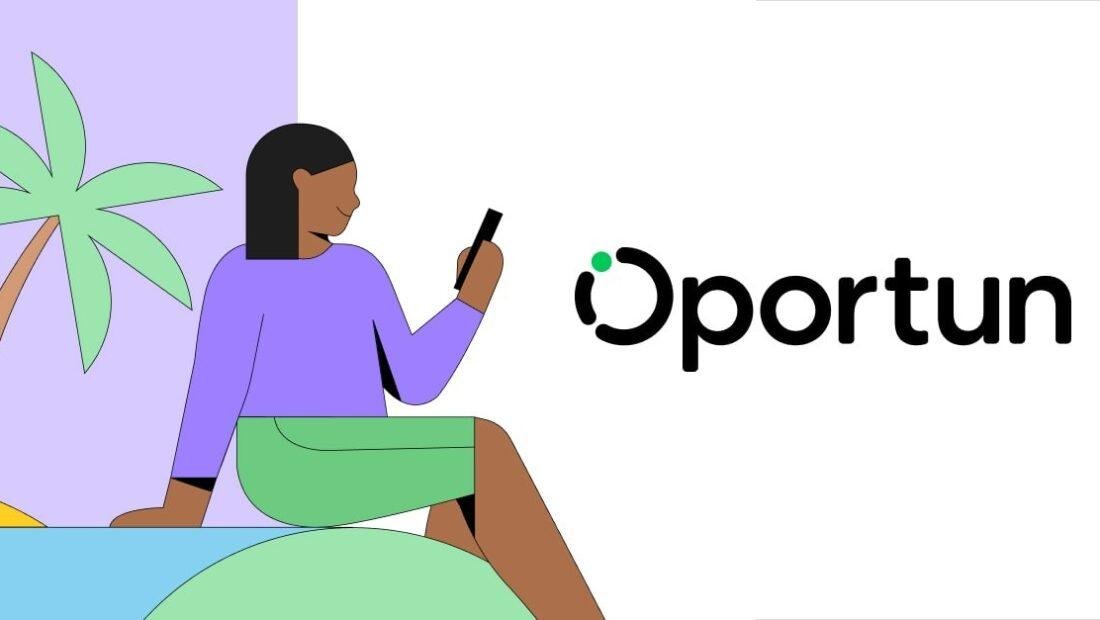
If saving seems tough, Oportun has your back. This app analyzes your spending habits and automatically saves small amounts for you, often without you even noticing. Digit makes it simple to set specific savings goals, like a vacation or an emergency fund.
- Why It’s Great: The beauty of Oportun is that you don’t need to make any decisions—the app saves for you based on your spending.
- Drawbacks: Oportun charges a subscription fee, but many users find the value in its ability to grow savings effortlessly.
Example: If Oportun sees you have a little extra cushion in your account, it might save $5 to your vacation fund. You’ll hit your savings goals with minimal effort.
External Resource: Learn more about Oportun’s automated saving and see how it can fit into your financial plans.
The Importance of Choosing Apps with Data Security

In today’s digital age, protecting your financial data is just as critical as managing it effectively. Before diving into any financial app, it’s essential to understand how it handles and protects your personal information. Most reliable apps adhere to top-notch security standards, but here’s a quick checklist for peace of mind:
- Encryption: Look for apps that offer bank-level encryption to keep your data safe.
- Two-Factor Authentication (2FA): Apps with 2FA provide an extra layer of security, requiring both a password and a verification code to access your account.
- Data Privacy Policies: Apps should have clear policies on data sharing. Avoid apps that sell your information to third parties without your consent.
External Resource: Learn more about data security standards with resources from the Federal Trade Commission on staying secure online.
Balancing Multiple Apps: Tips for Staying Organized
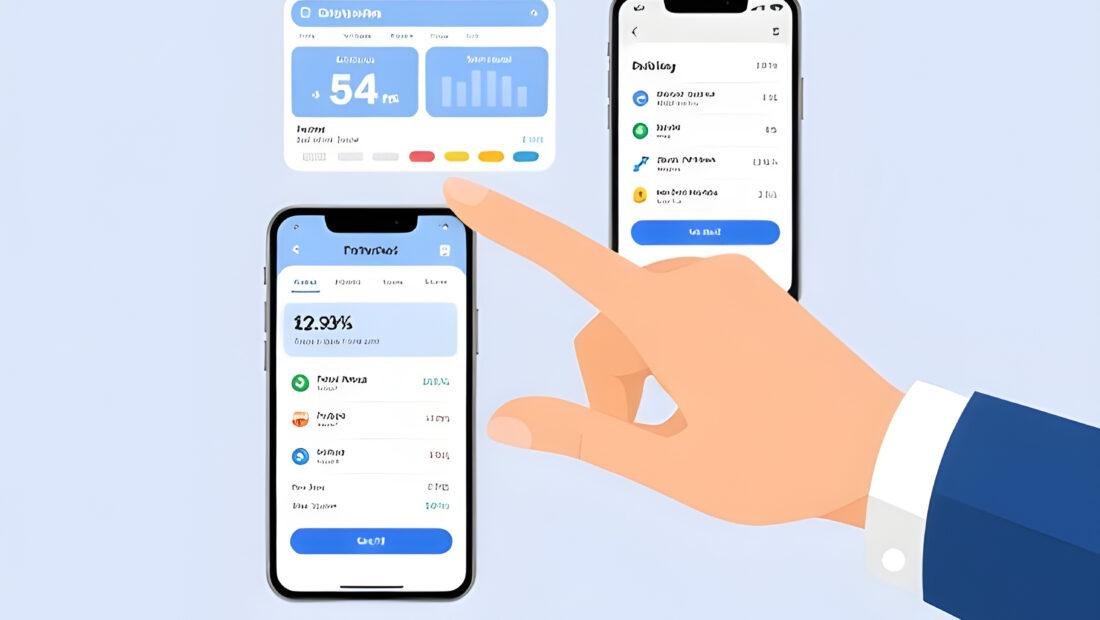
It’s easy to end up with a handful of apps, each serving a specific purpose—from budgeting to investing. But with too many tools, things can get a little chaotic. Here’s how to keep things streamlined:
- Consolidate Where Possible: Choose one app per category (like one for budgeting, one for investing) to reduce overlap.
- Regular Check-Ins: Schedule a monthly “money review” to review all your apps and ensure they’re working in harmony with your financial goals.
- Set Notifications Wisely: Avoid overwhelming yourself with alerts. Instead, enable only essential notifications (e.g., bill reminders, spending alerts) to stay on track without constant interruptions.
Financial Literacy Matters: Learning Along the Way

While apps make financial management easier, having a foundation in financial literacy can make them even more effective. Many financial apps include educational features like blog articles, video tutorials, or financial planning tips. Leveraging these tools can give you a well-rounded approach, enhancing your confidence and understanding of complex topics like investing or debt management.
Pro Tip: Many apps, like YNAB and Acorns, offer educational blogs and webinars. Take advantage of these resources to deepen your financial knowledge.
External Resource: Check out NerdWallet’s personal finance section for more educational content on budgeting, credit, and investing.
Final Thoughts
The goal isn’t just to use these apps to get a snapshot of your finances—it’s to build habits and skills that will serve you for life. Start by experimenting with one or two tools, observe how they fit with your habits, and expand from there as needed. Remember that personal finance is just that: personal. Not every app will be a perfect fit, but over time, you’ll find the ones that empower you the most.
Your Turn! Share Your Experience
What are your favorite financial apps? Have you tried any that have made a big difference in your money management journey? Share your experiences in the comments—I’d love to hear about the tools that have helped you most. And, as always, if you have questions, don’t hesitate to ask. Let’s keep the conversation going and support each other in making smart, empowered financial decisions!
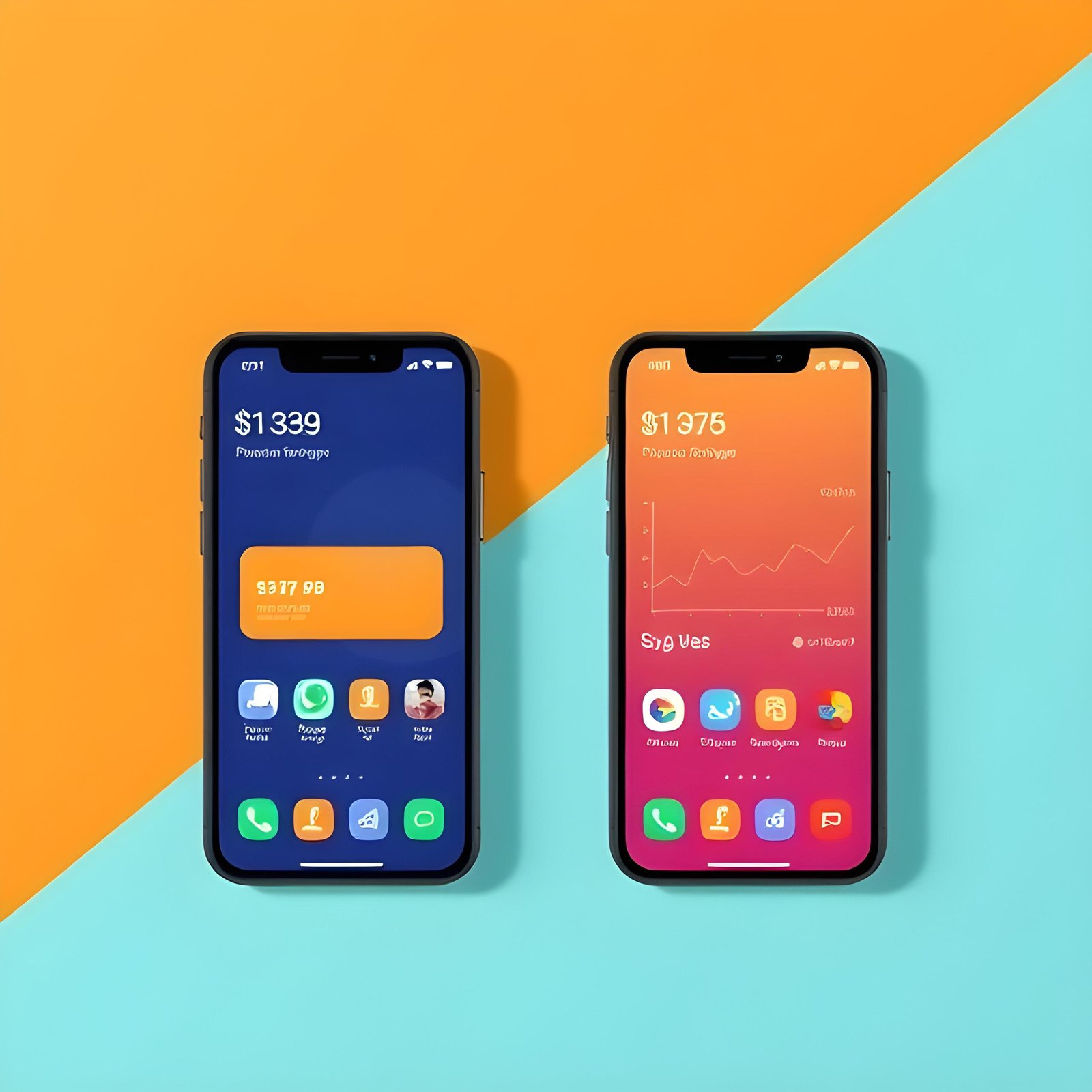

















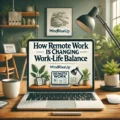




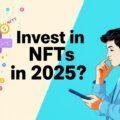








No Comments
Leave a comment Cancel